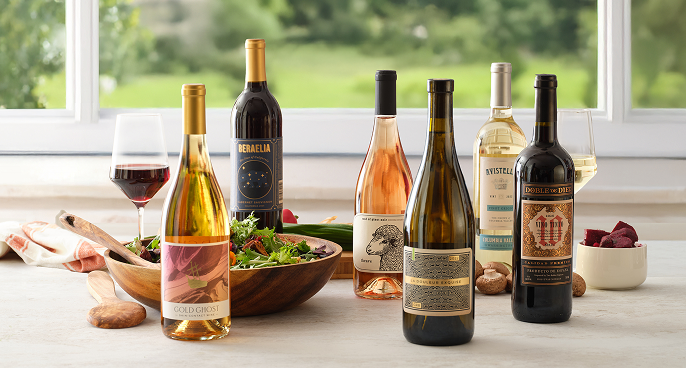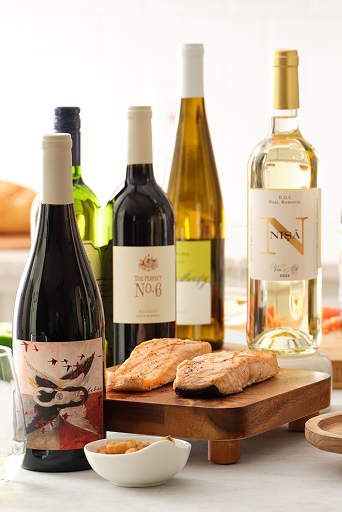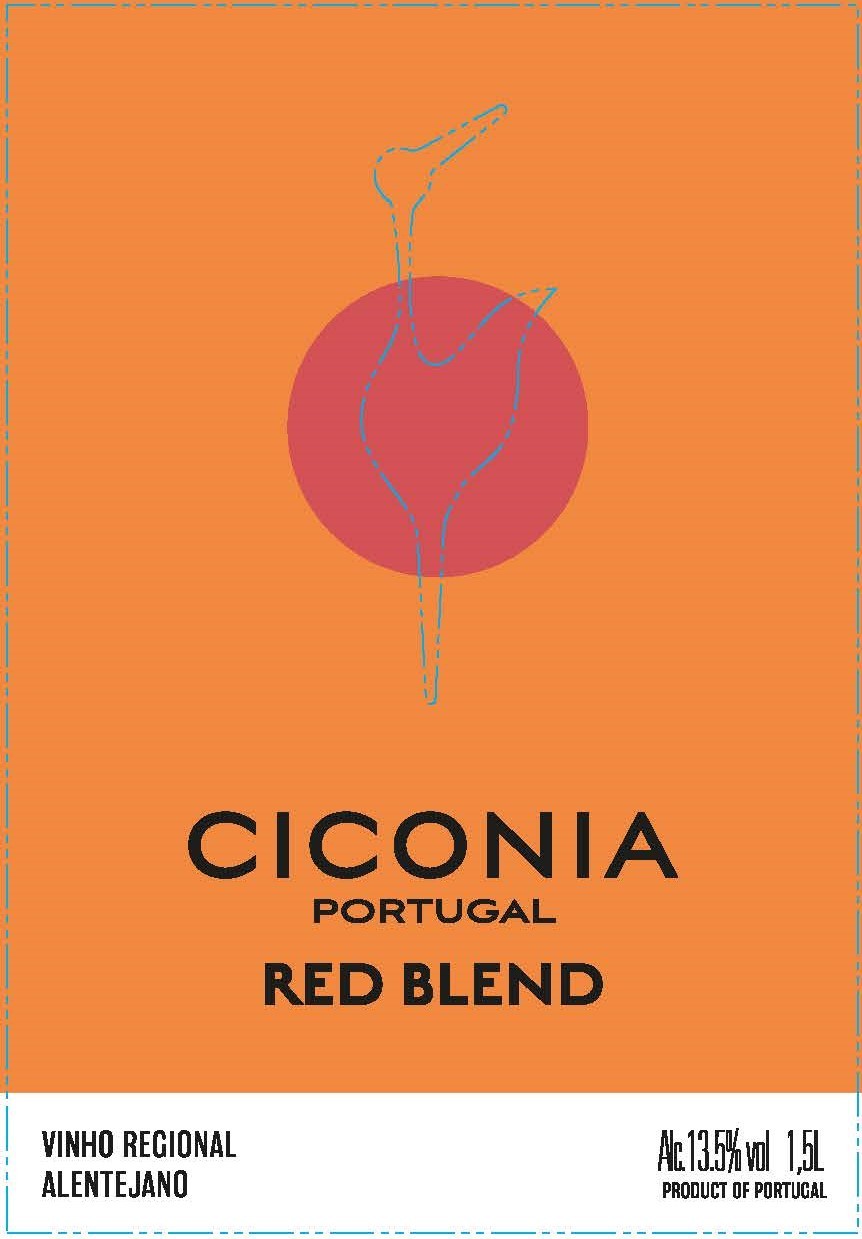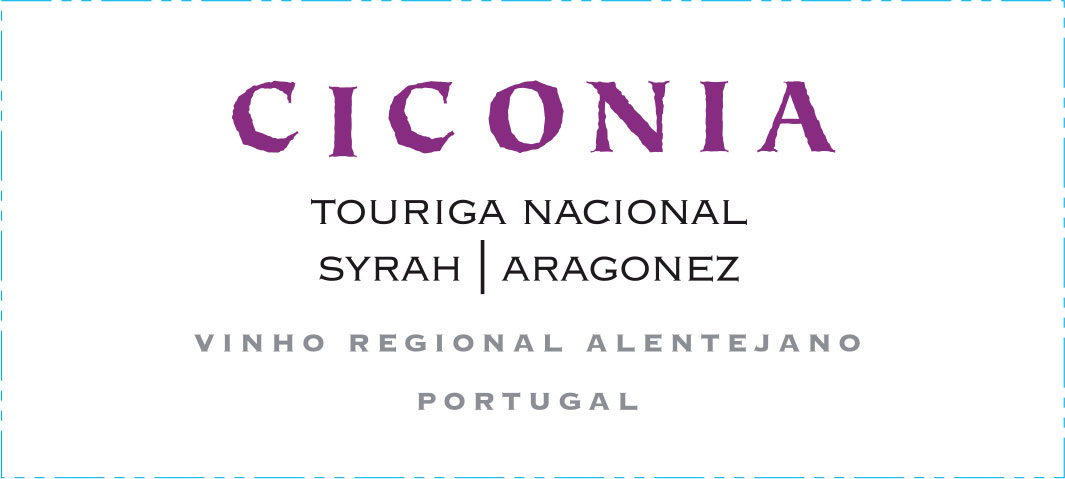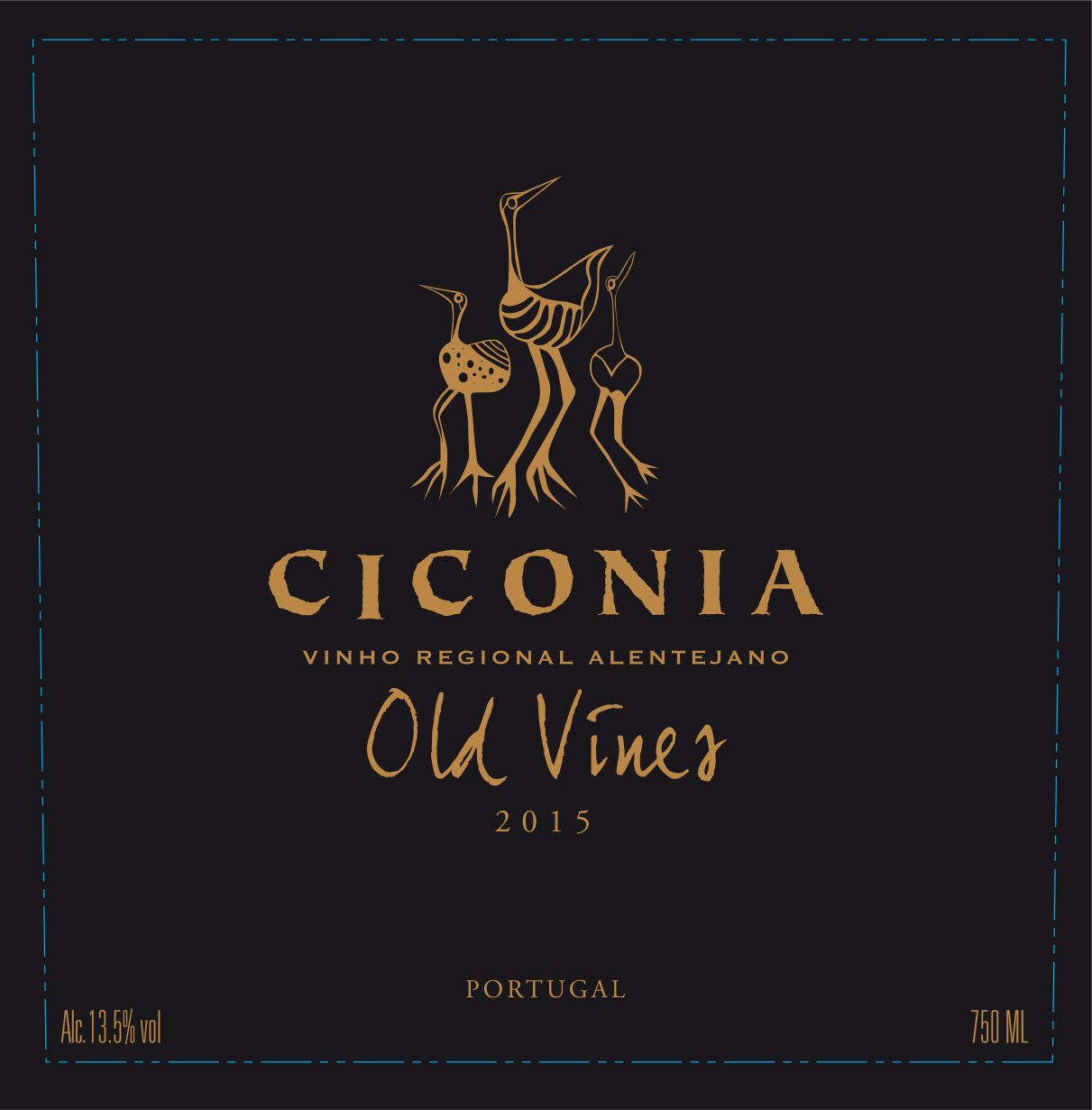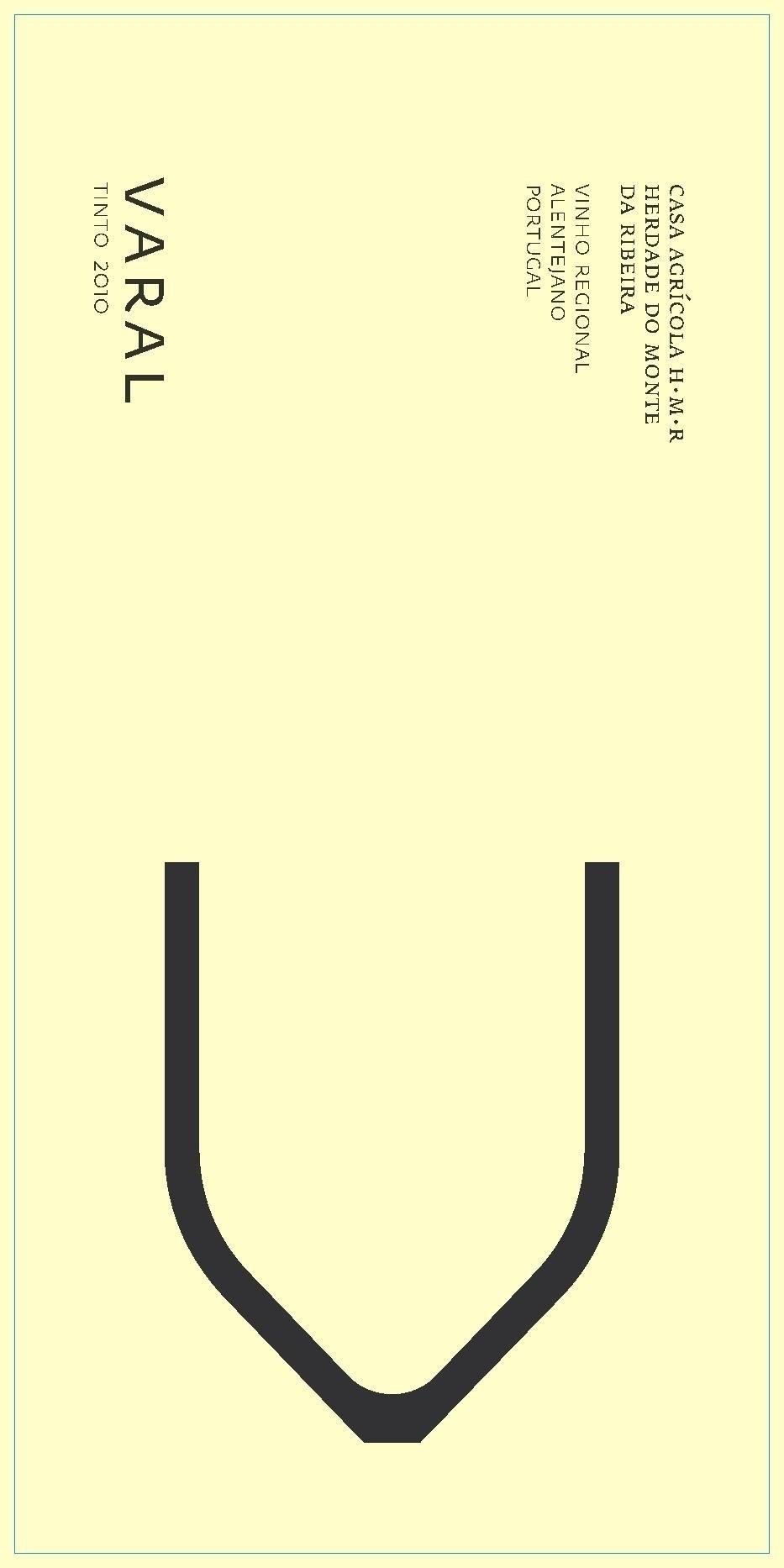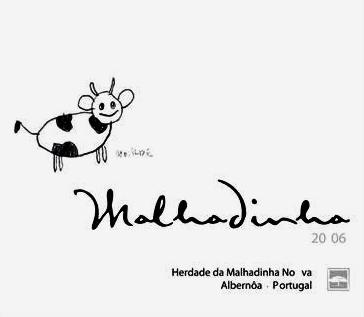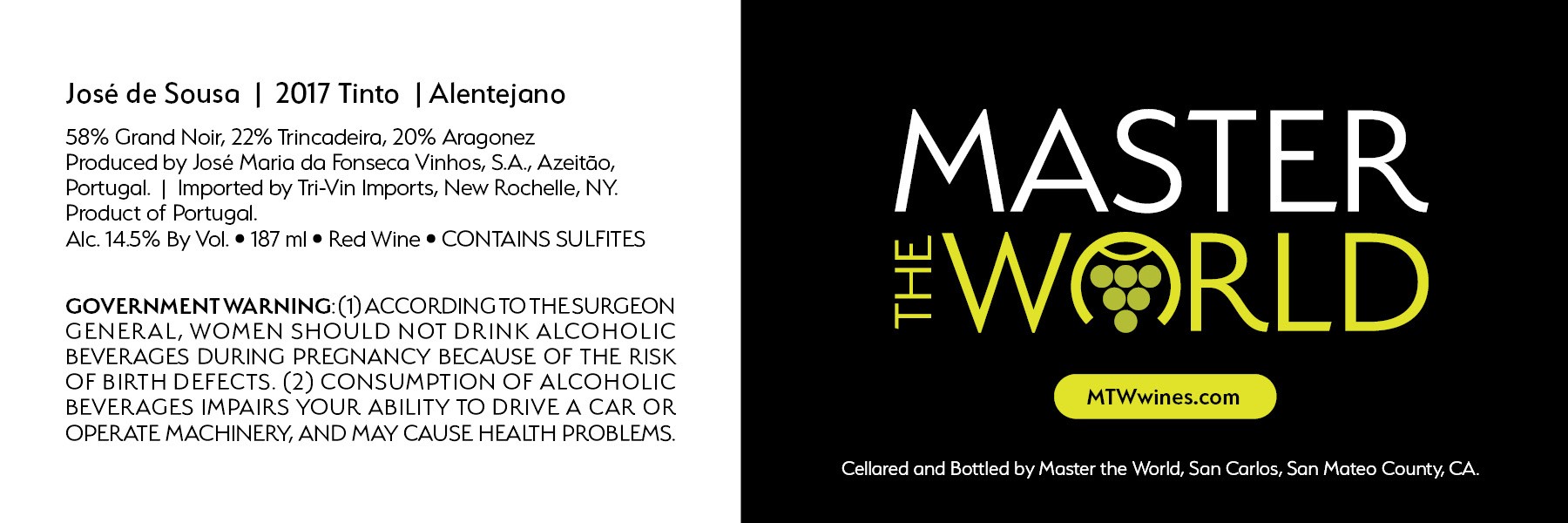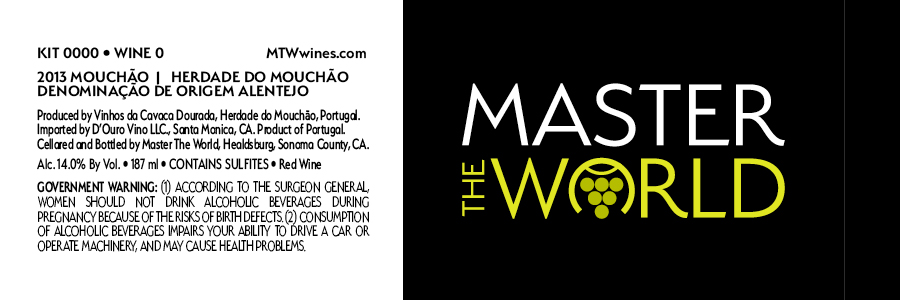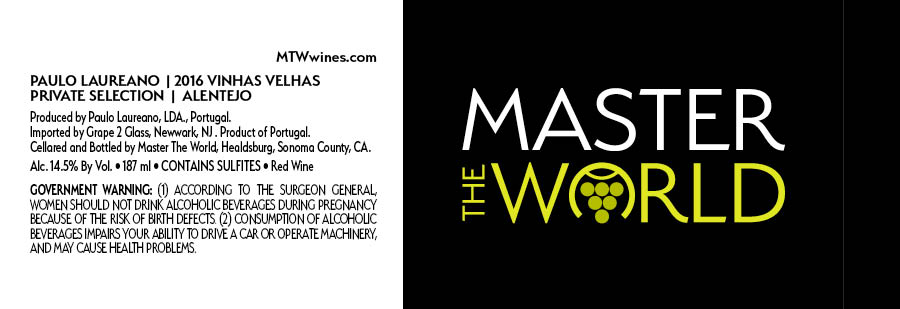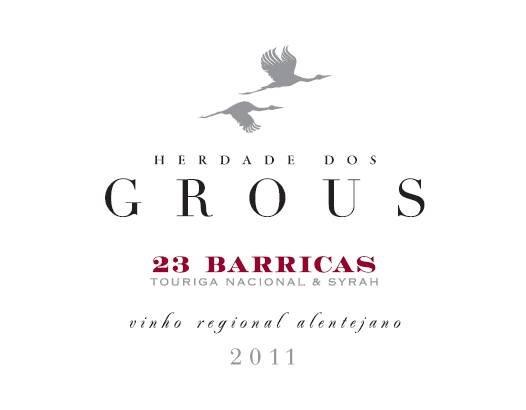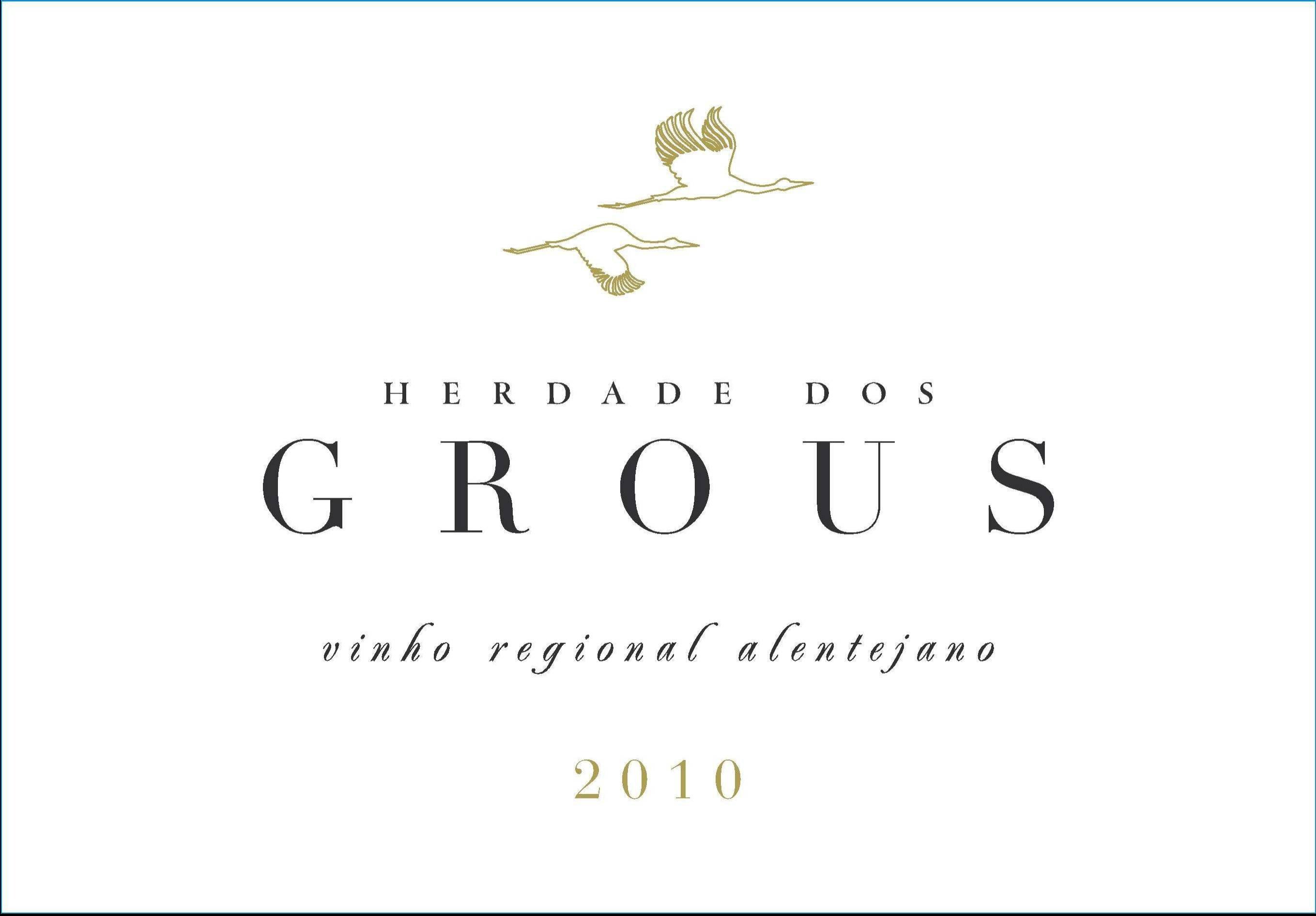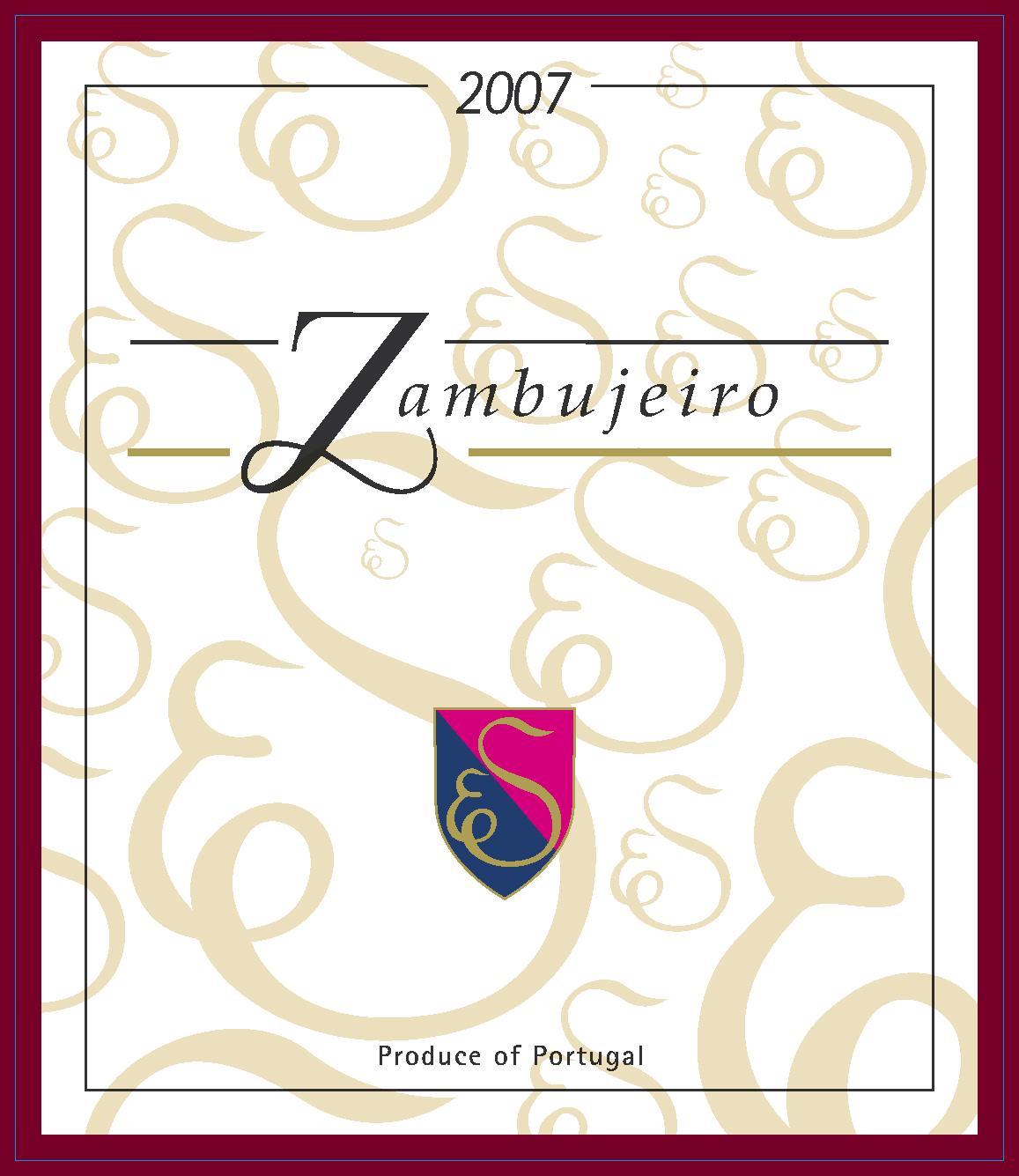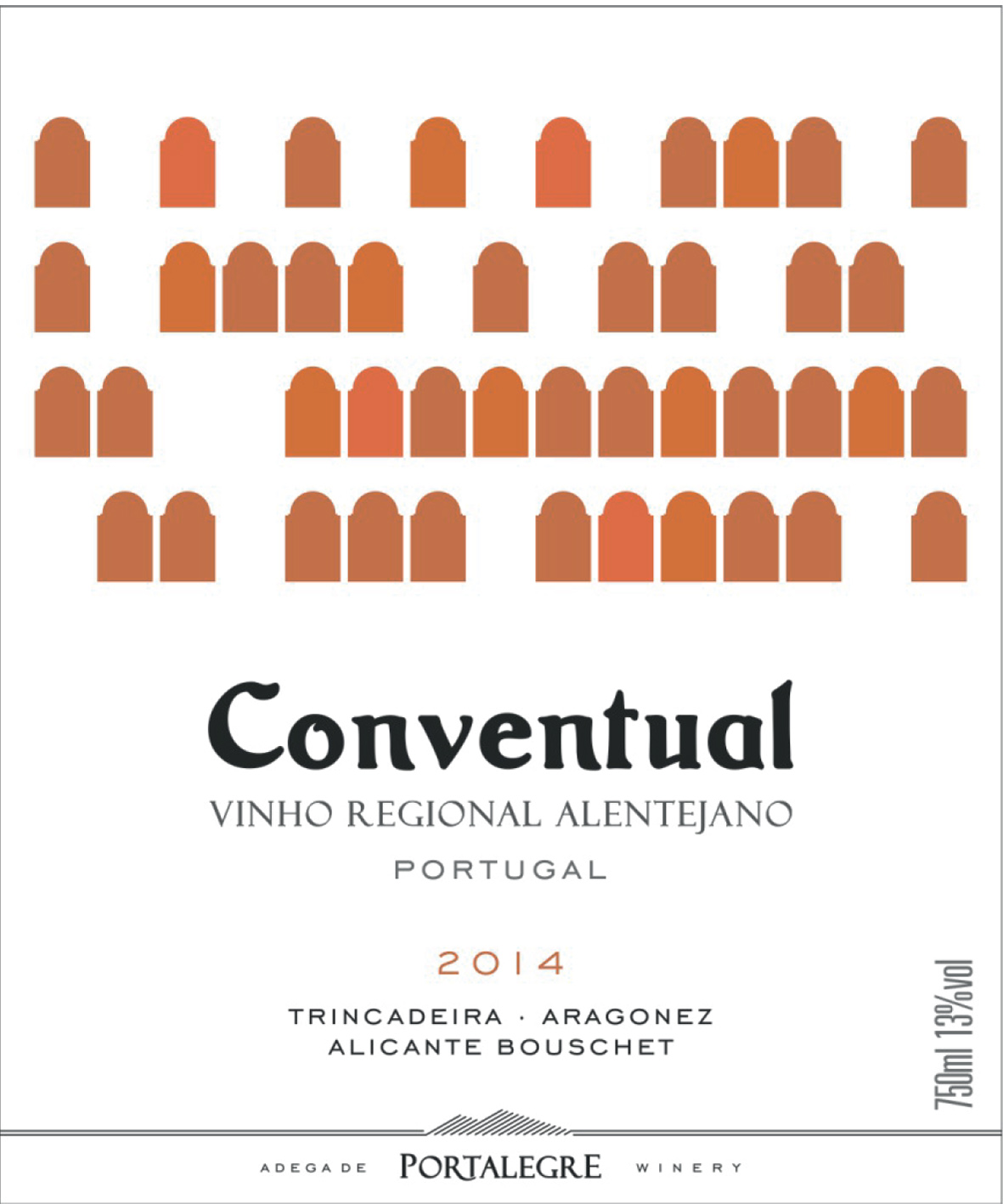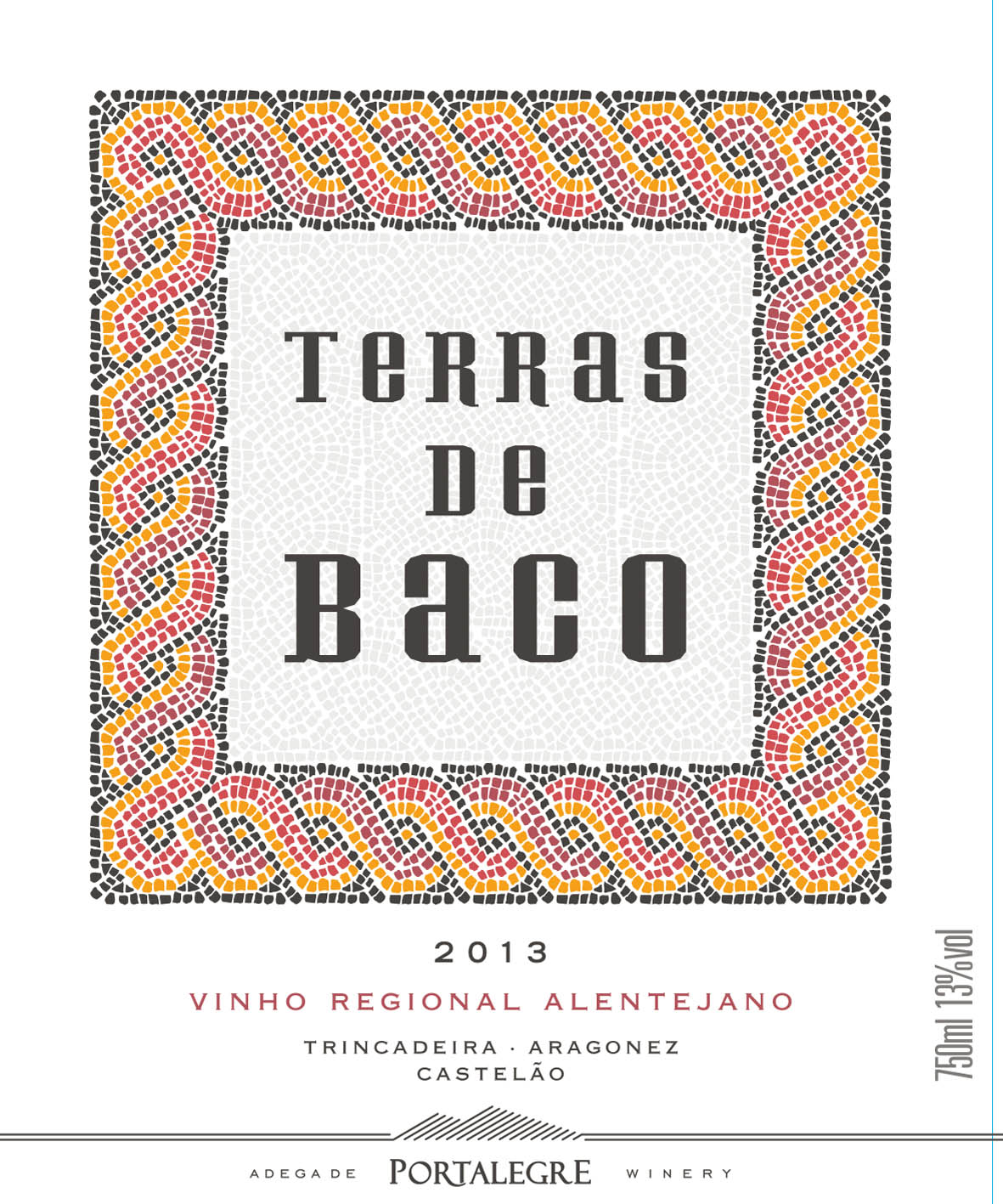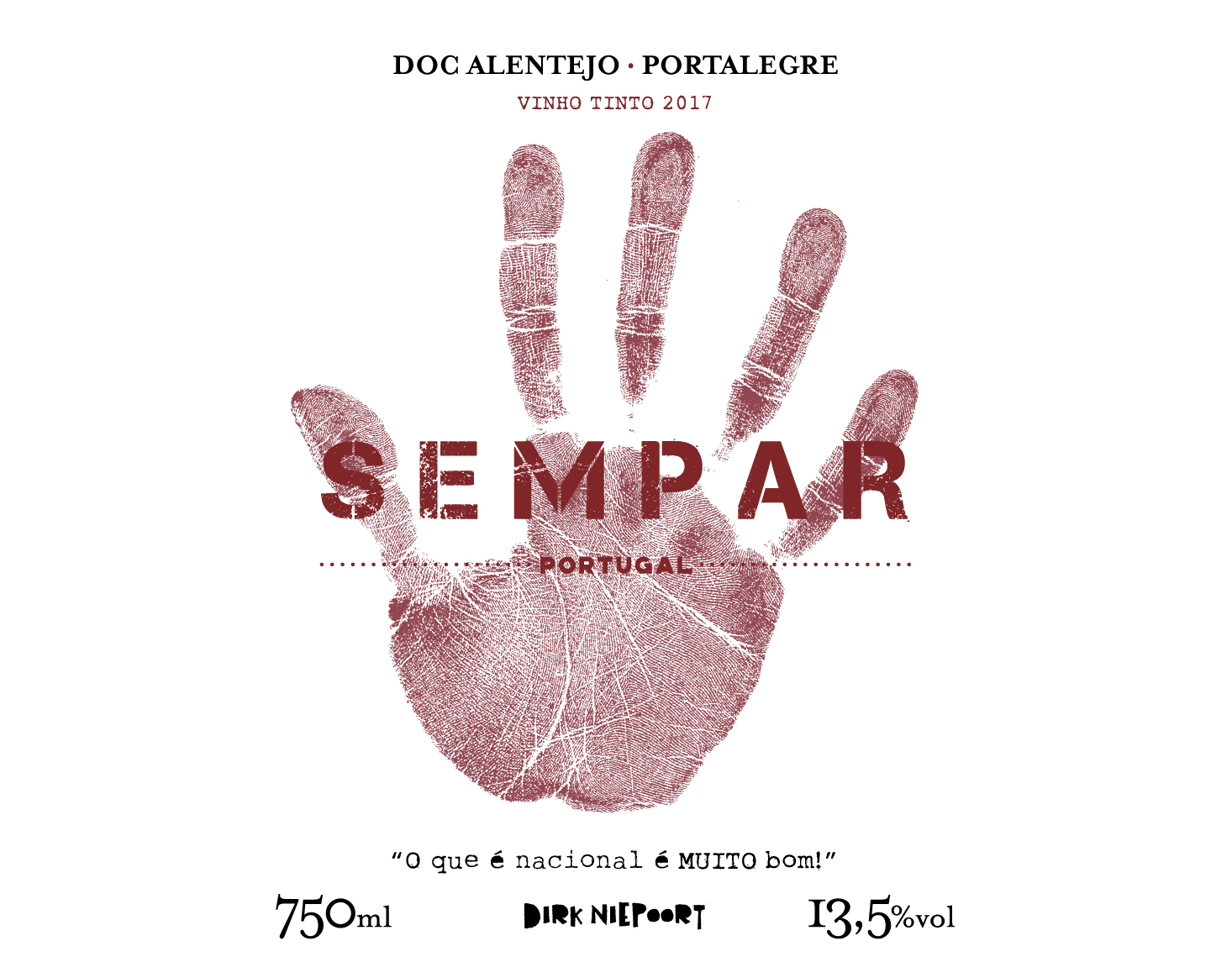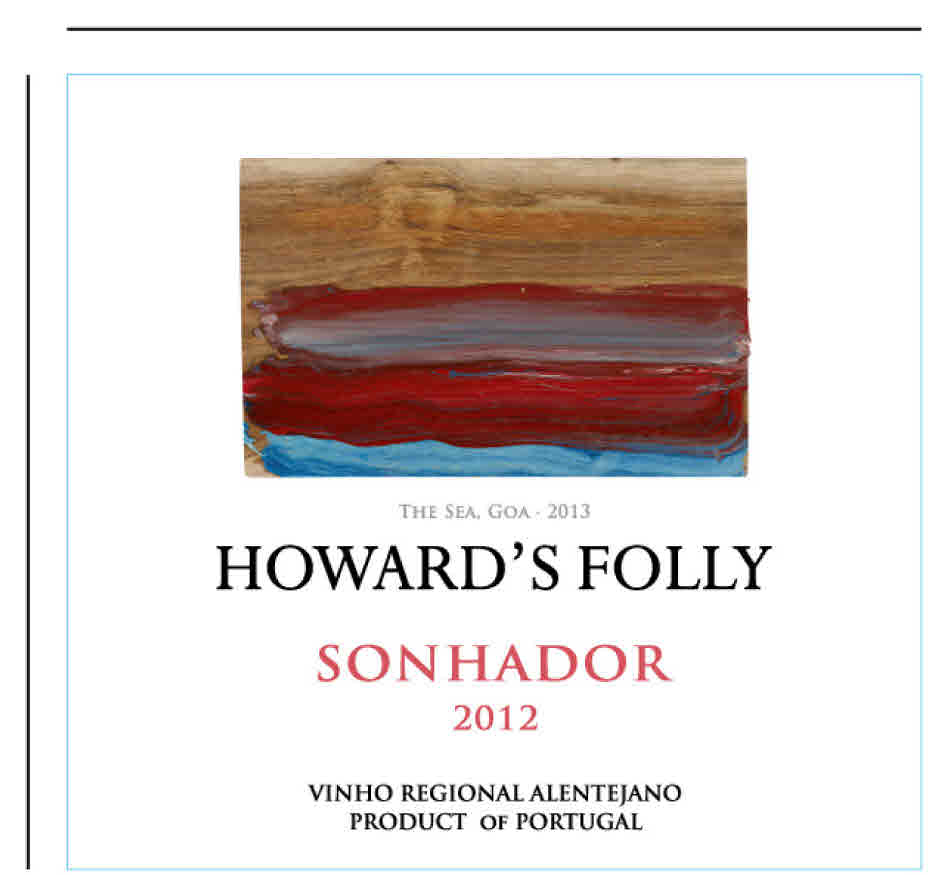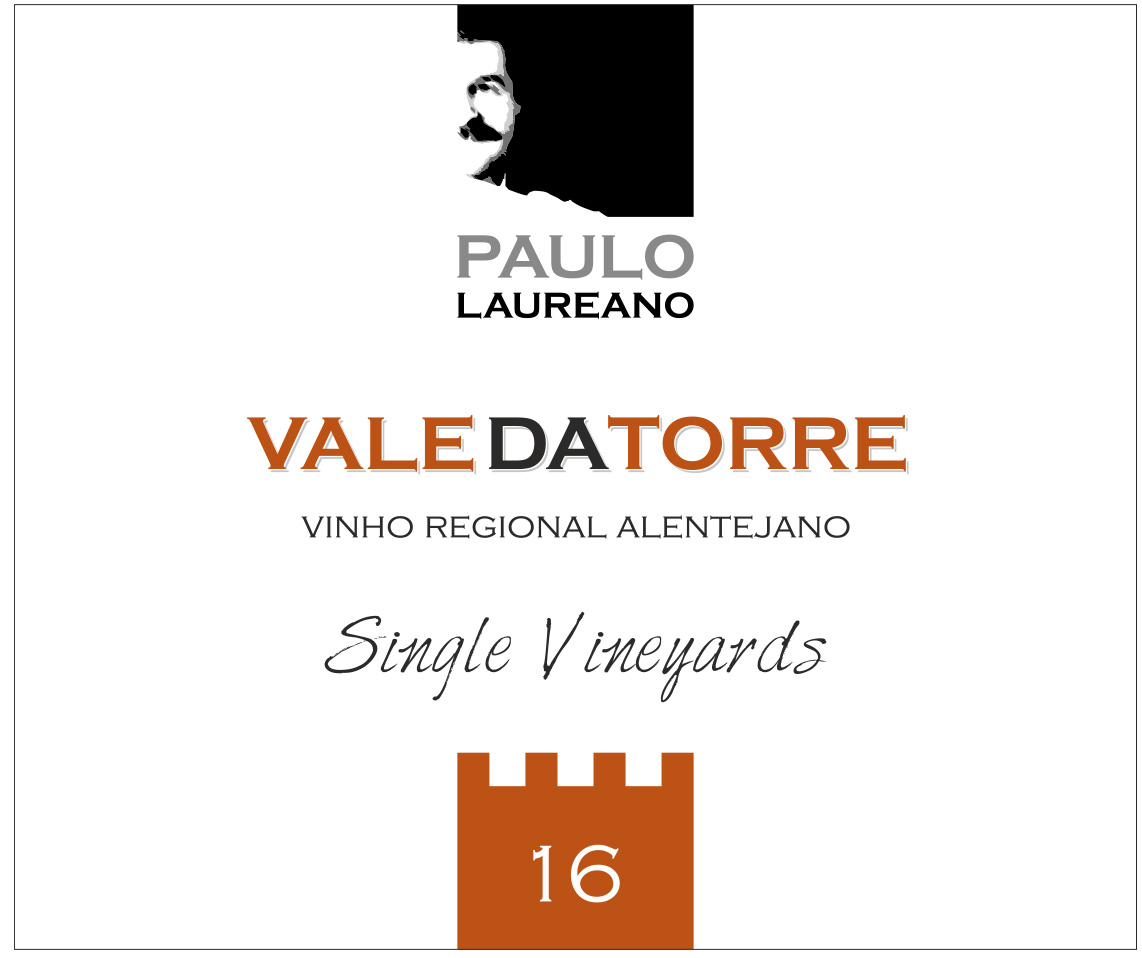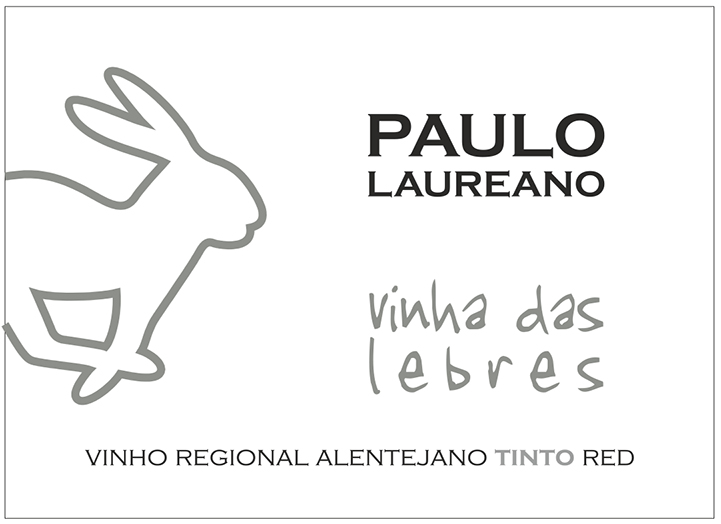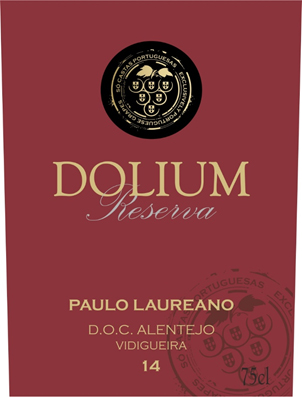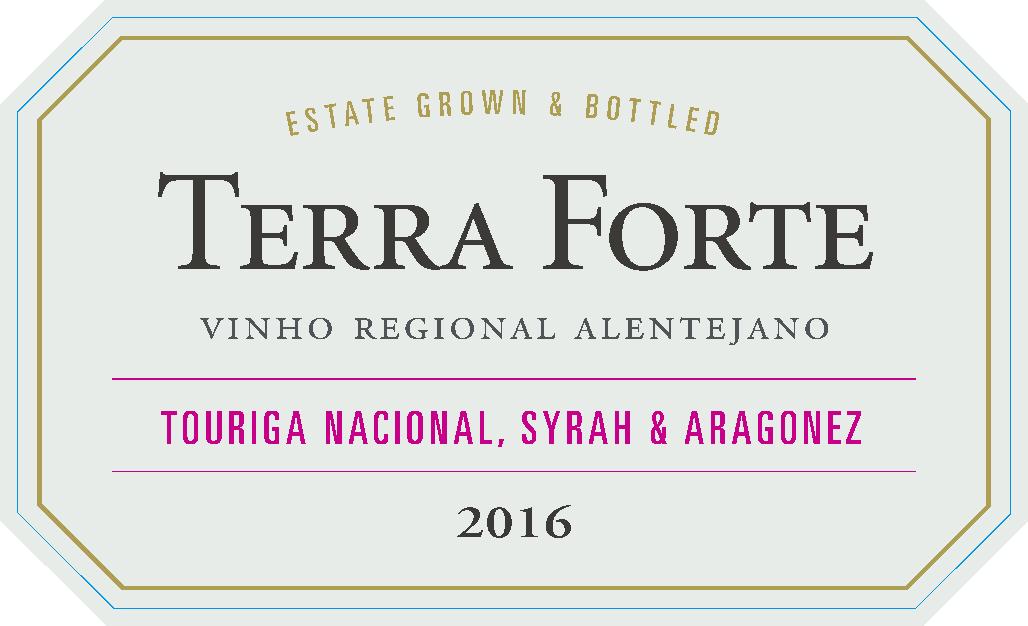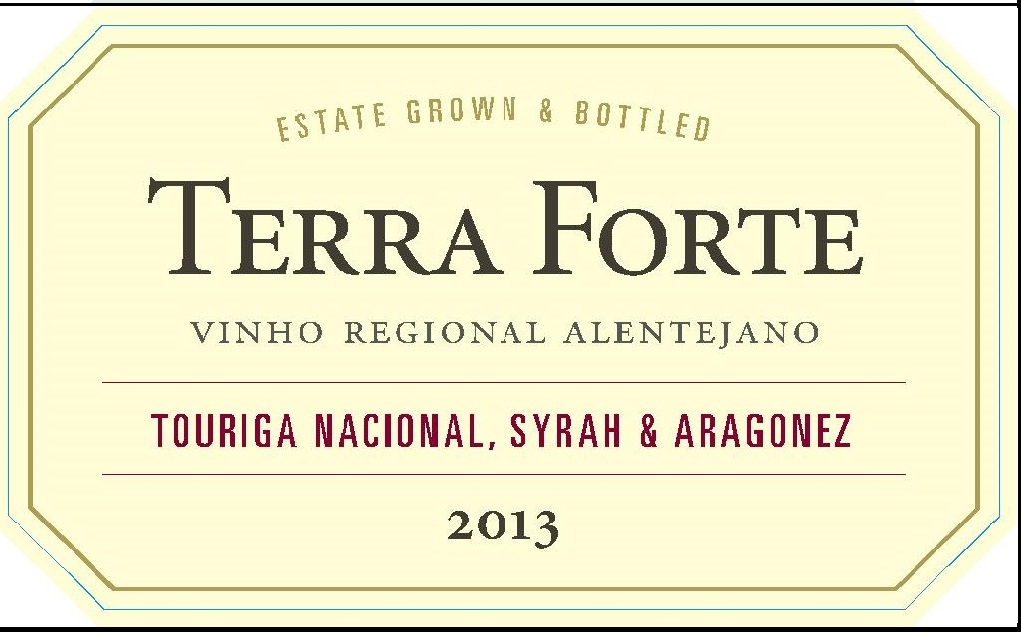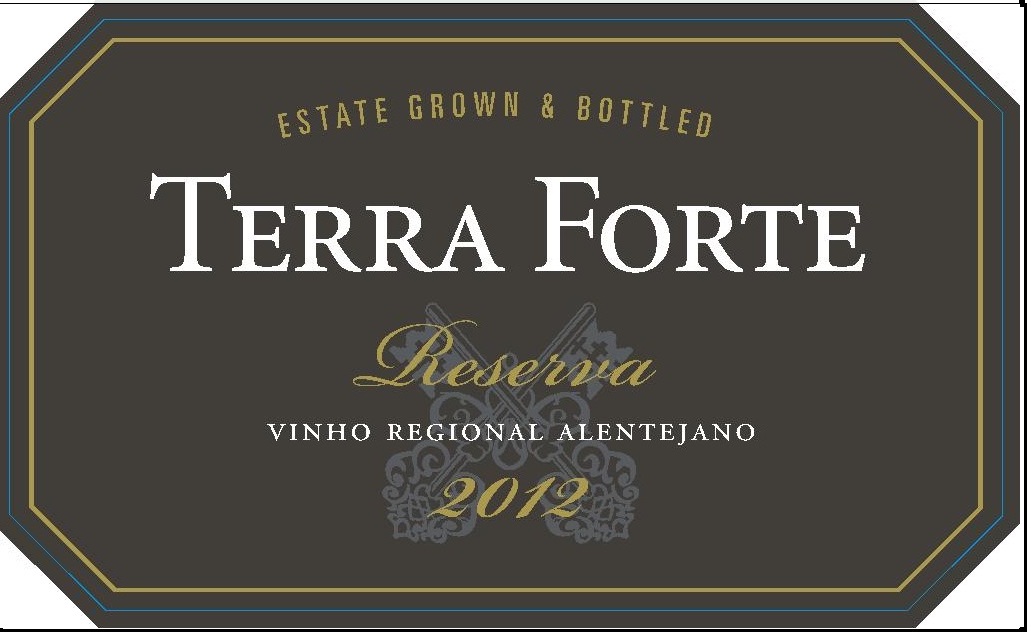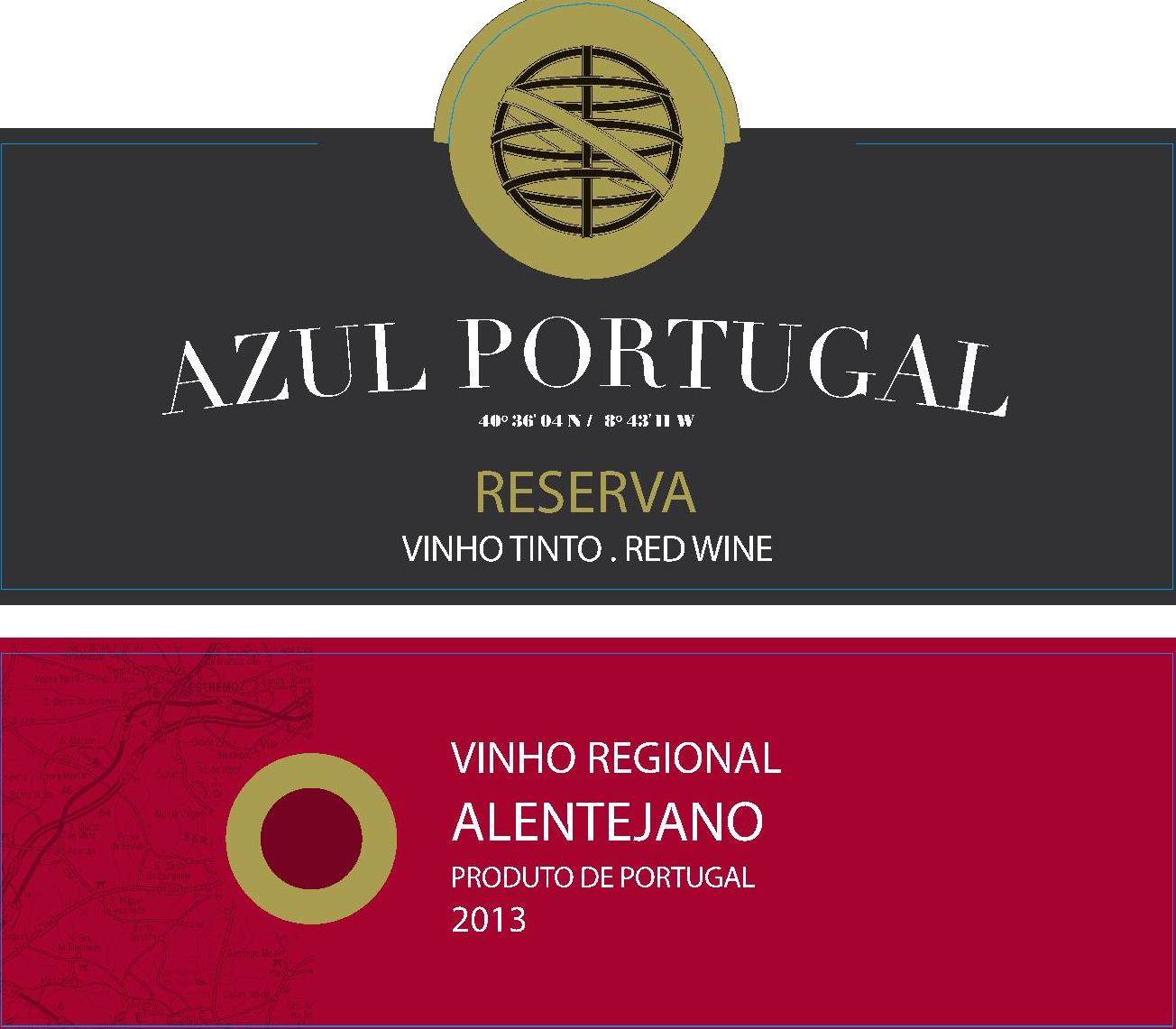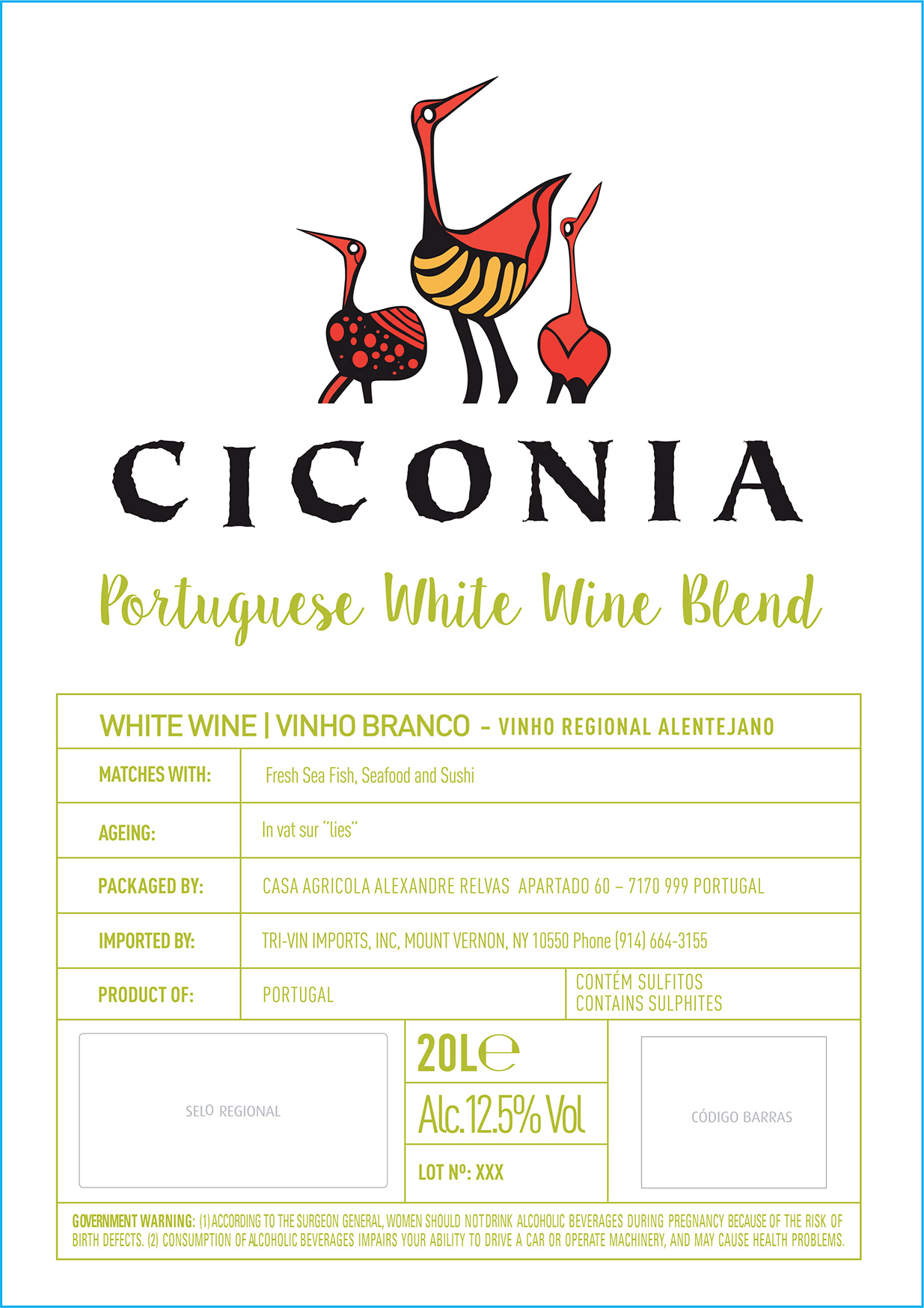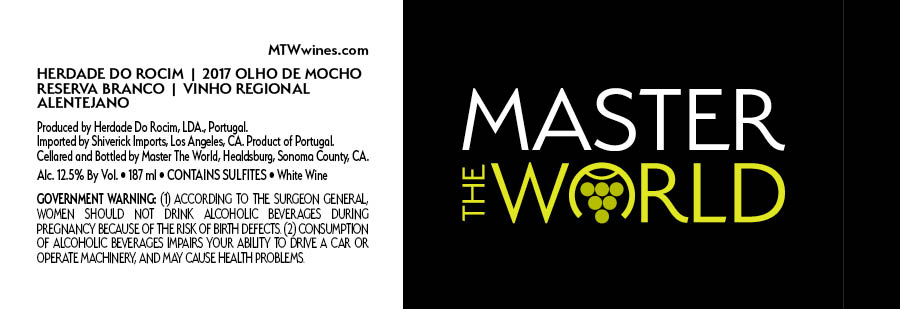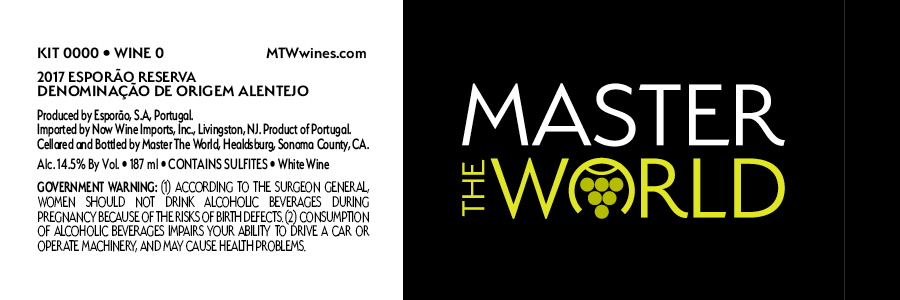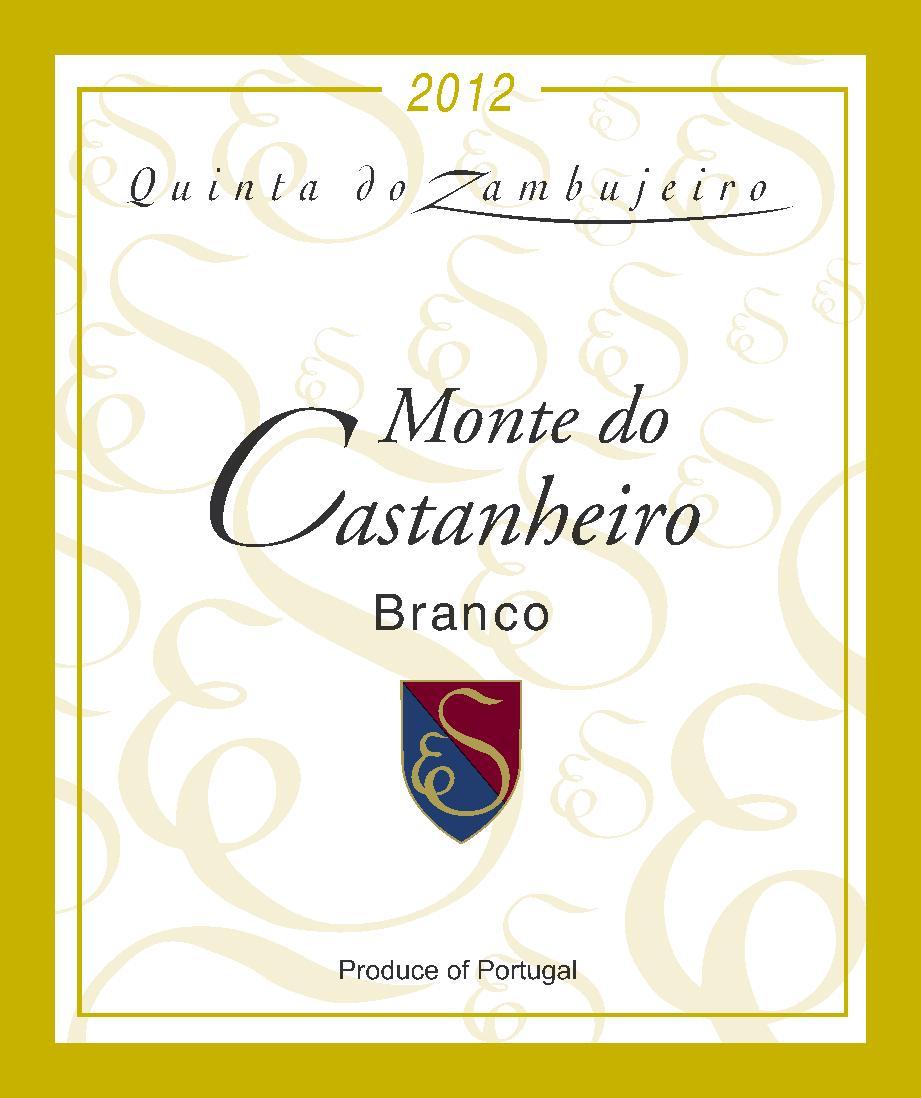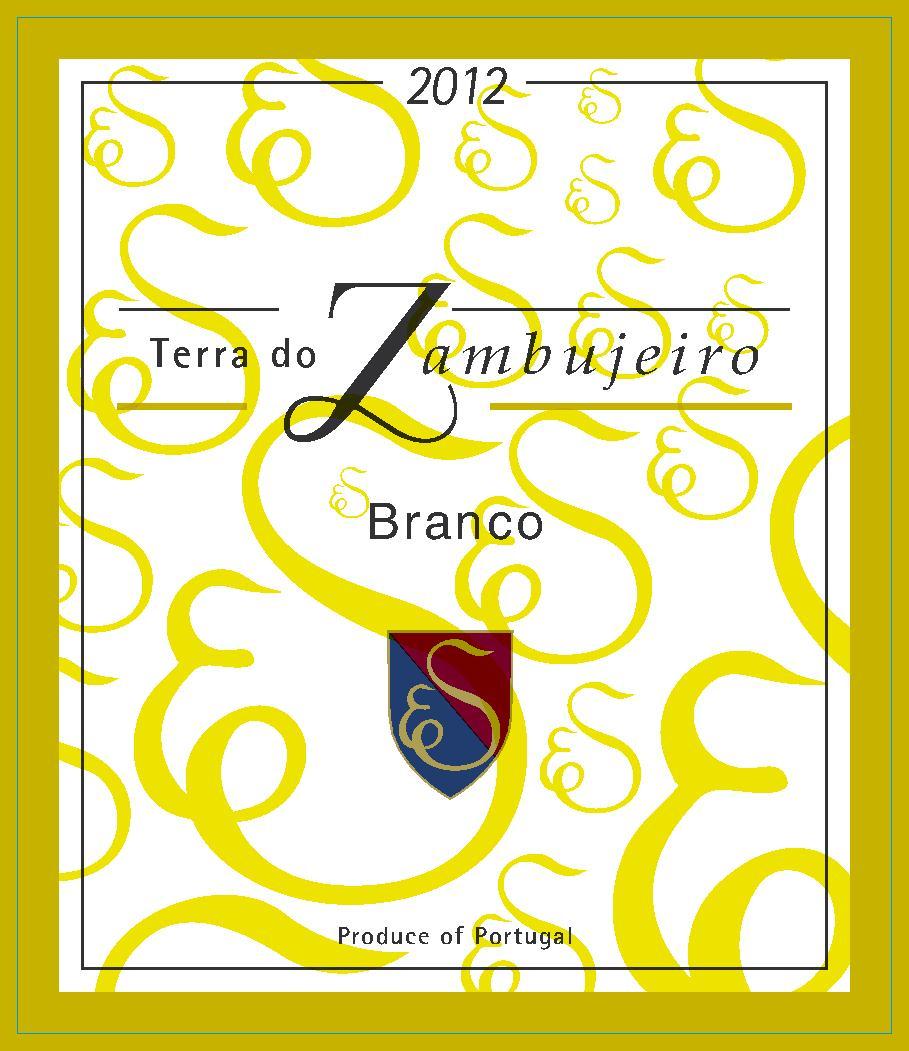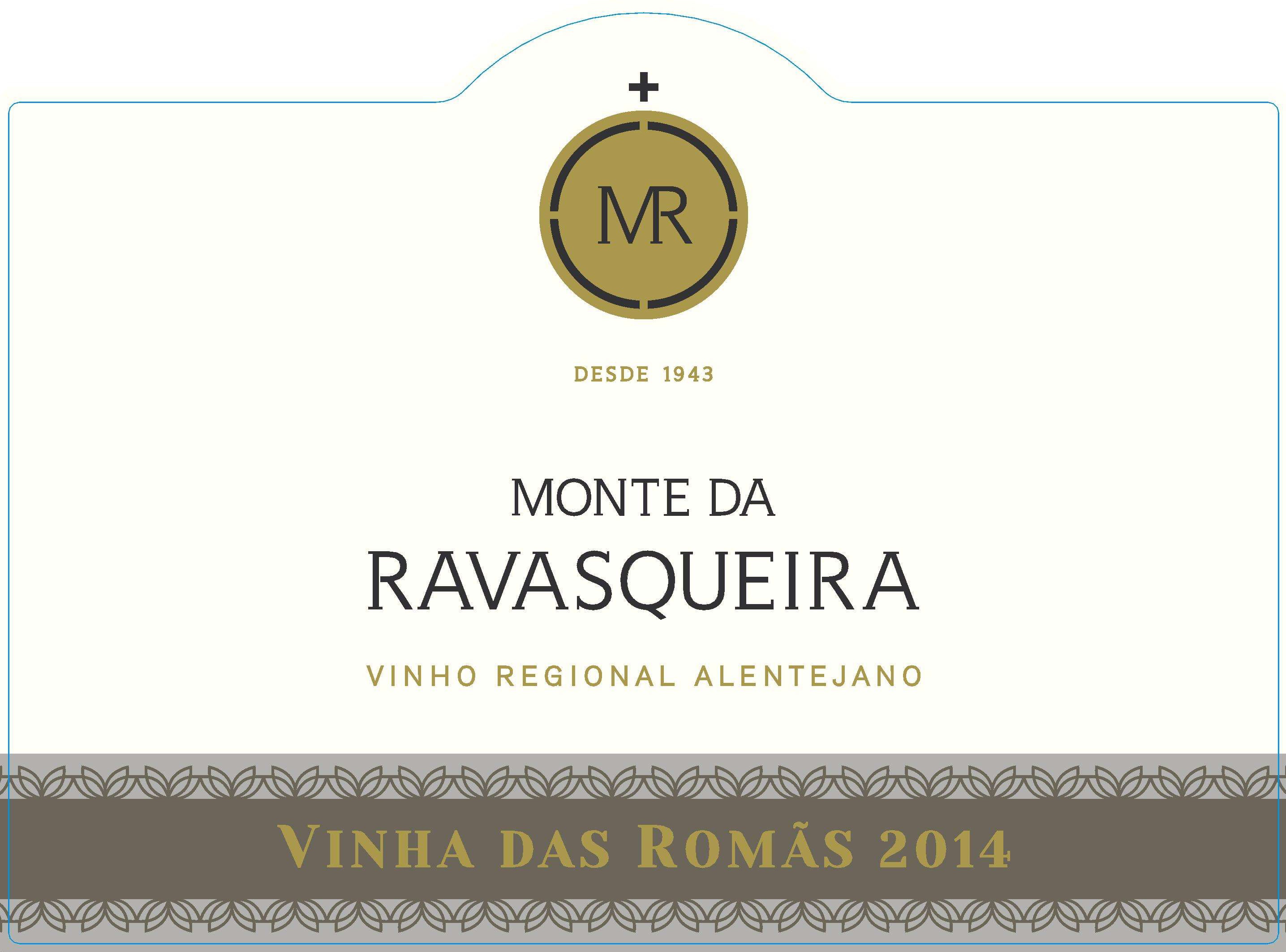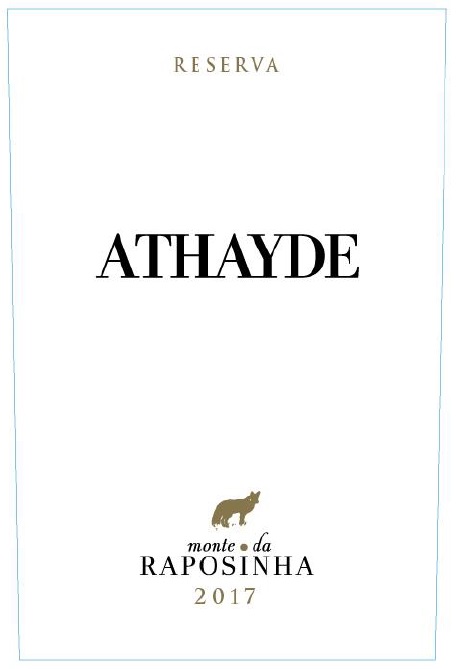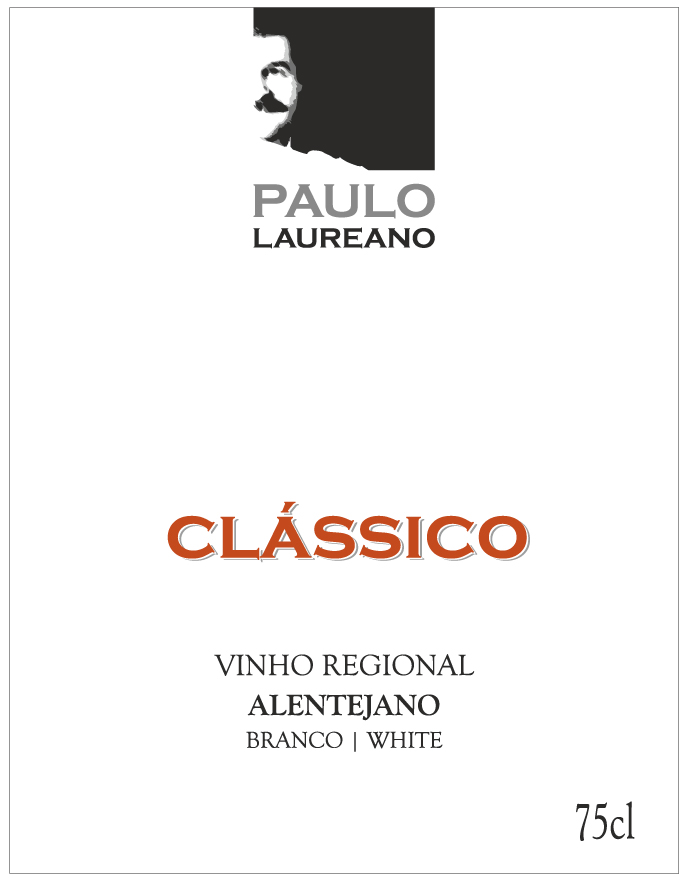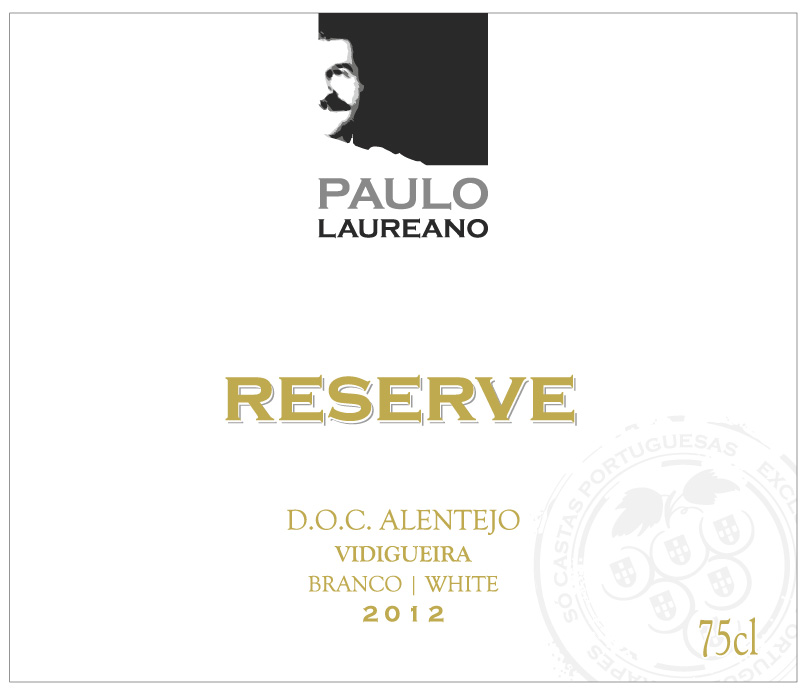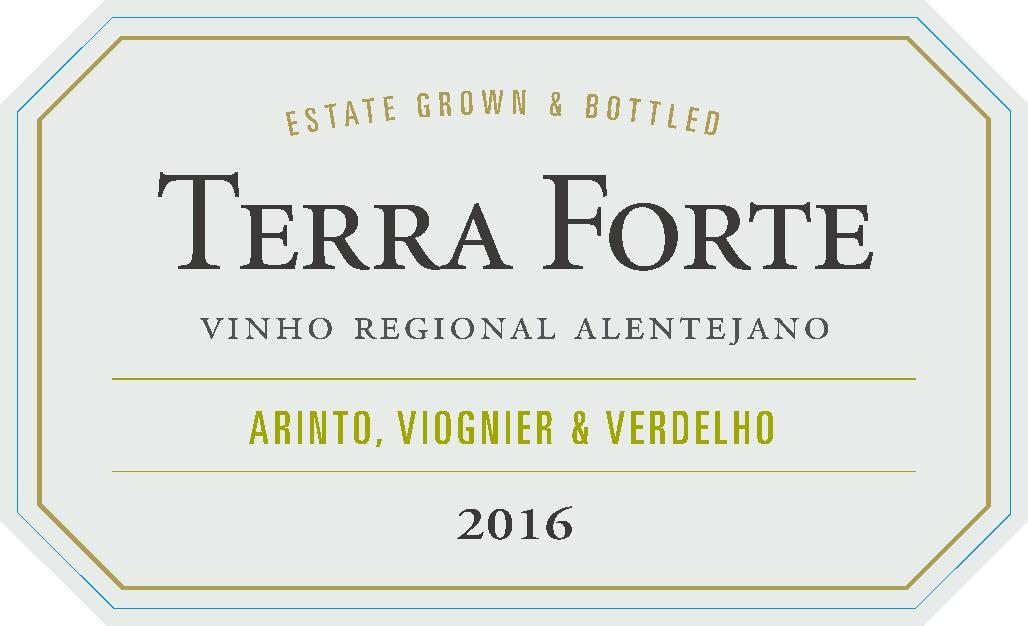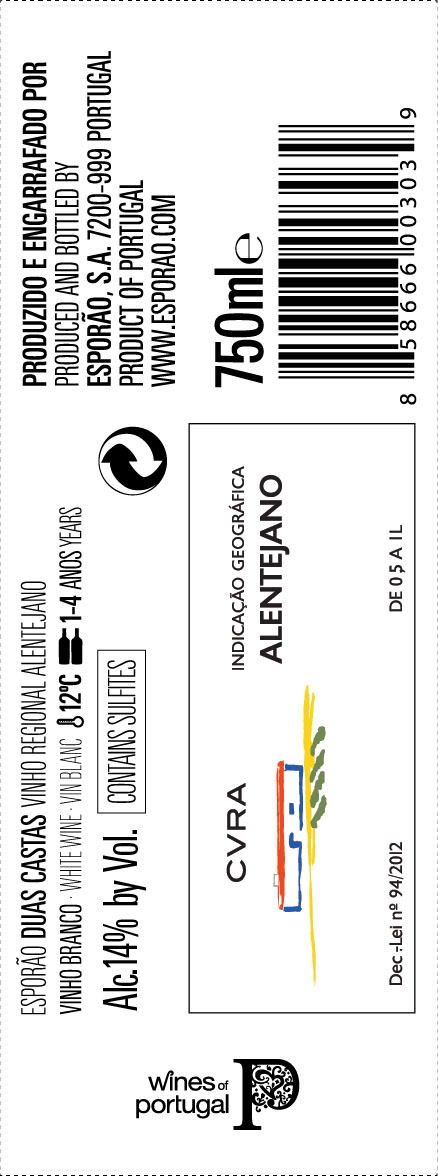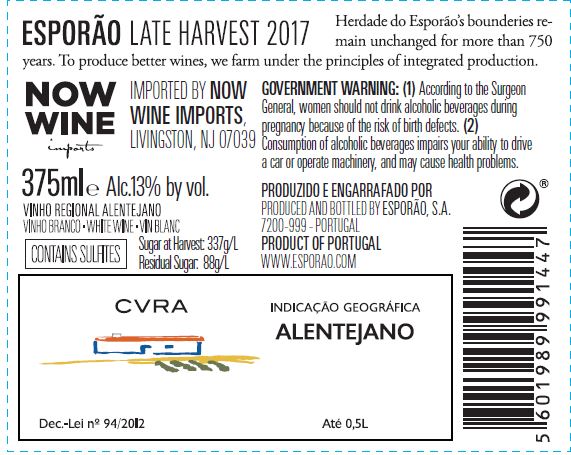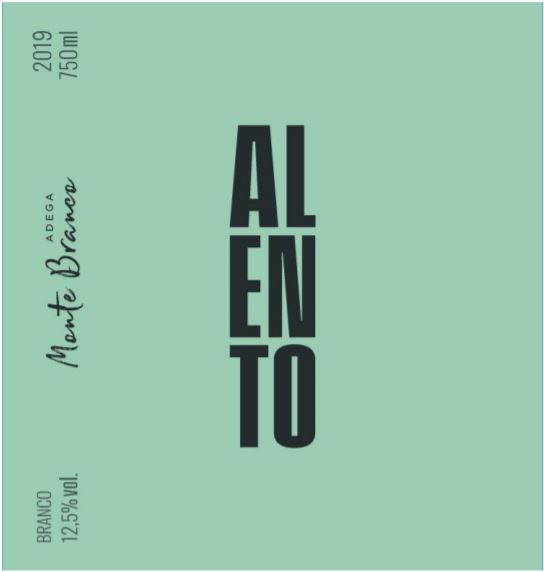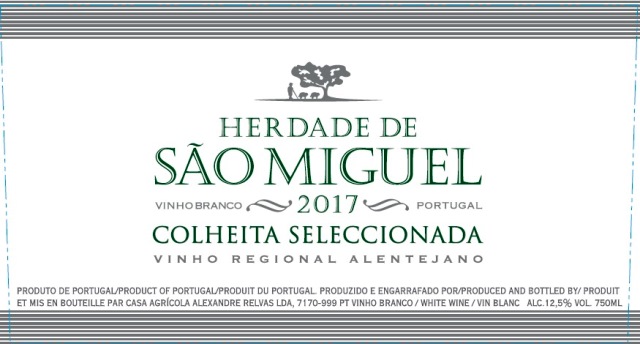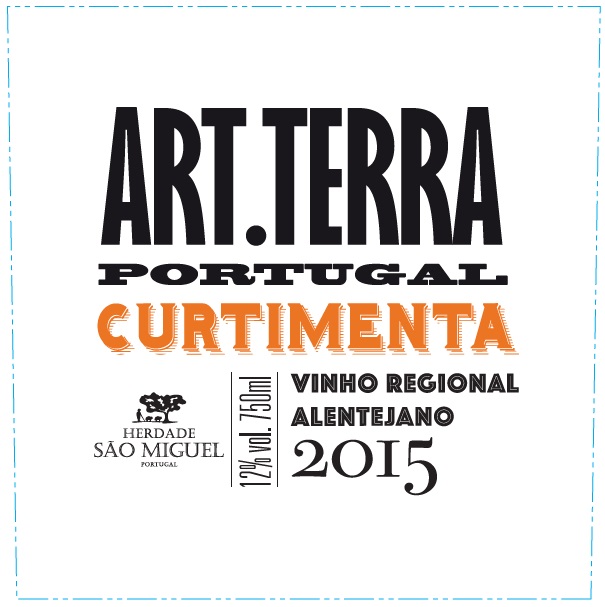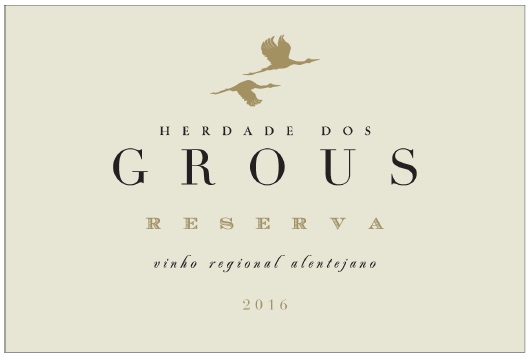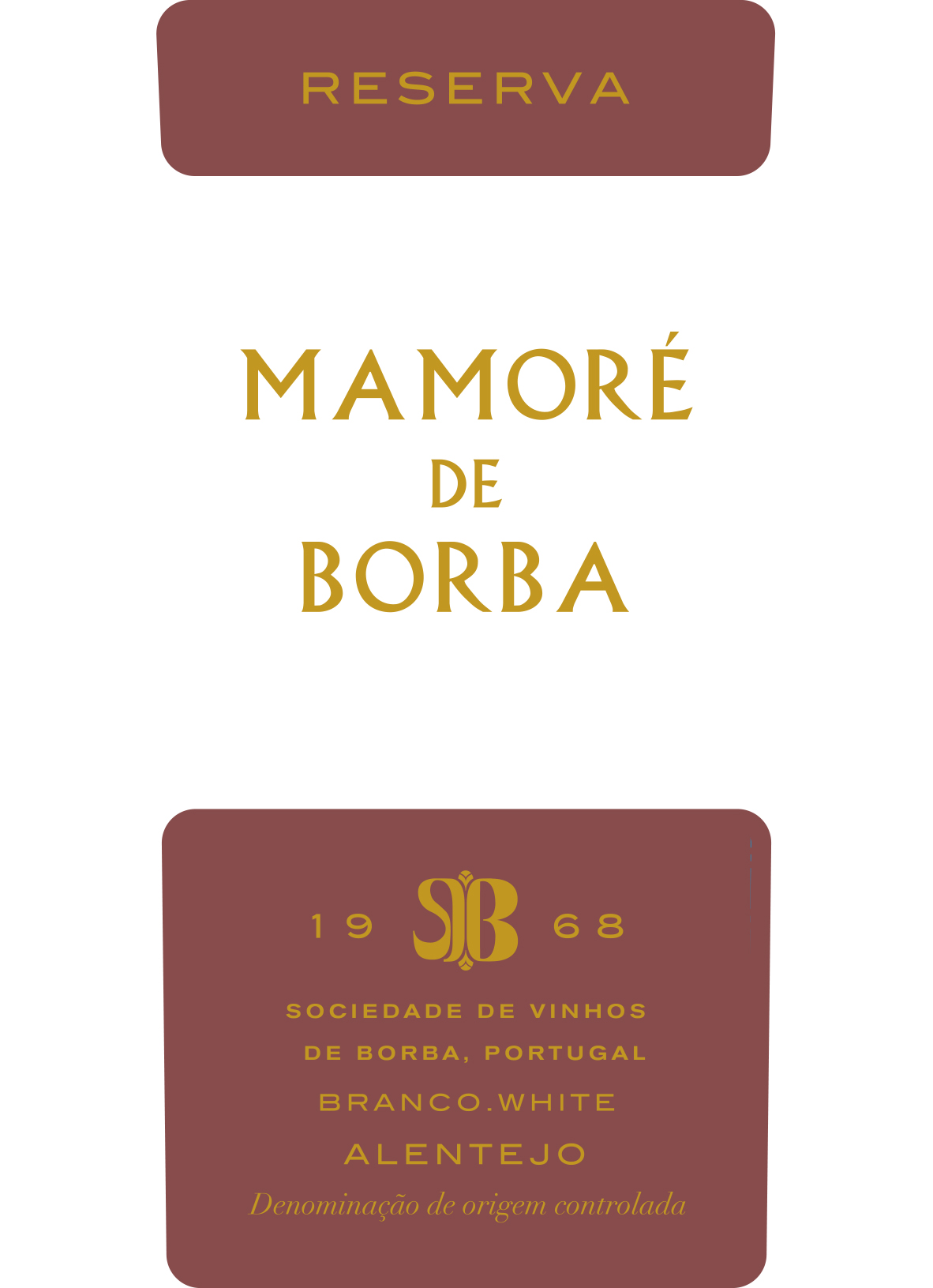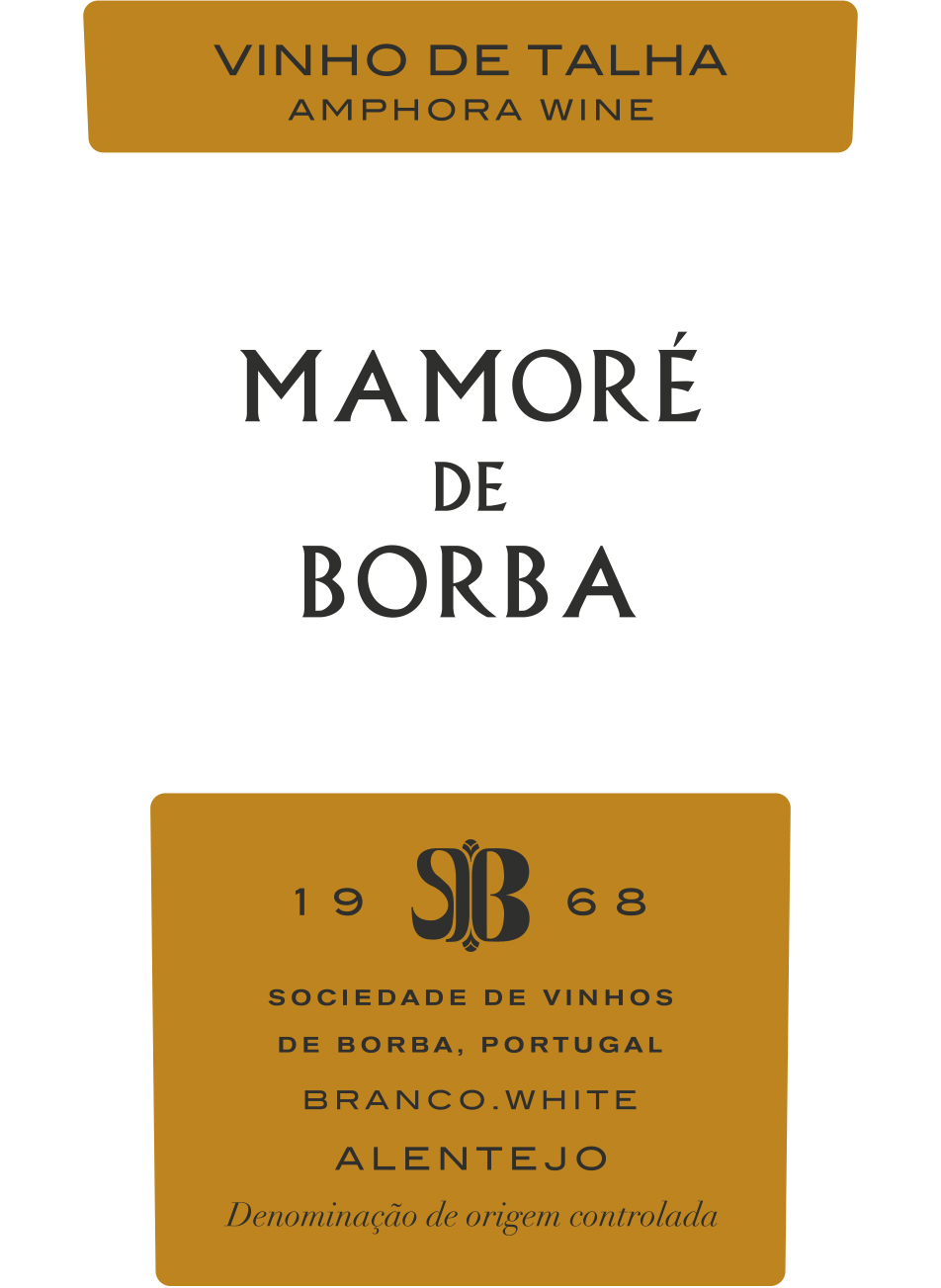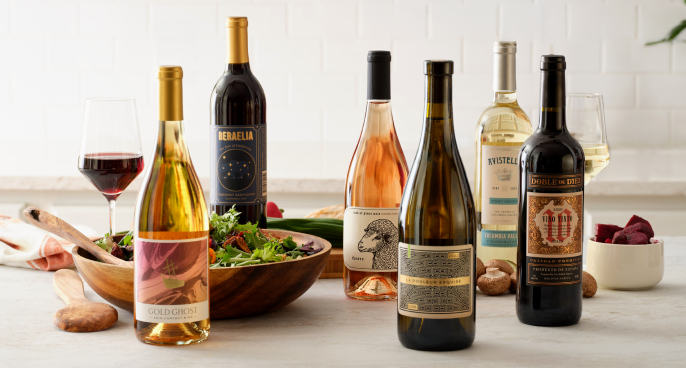Terroir of Tejo
Tejo's terroir is shaped by the influential Tejo River, which creates a unique wine-growing environment. The region enjoys a Mediterranean-like climate with hot days and cool nights. This helps grapes develop bright acidity and complex flavors. The temperature changes allow grapes to mature fully while keeping their natural acidity.
Tejo is divided into three zones, each adding distinct traits to the wines. Bairro has clay-limestone soils, perfect for age-worthy reds. Campo, with maritime influences and alluvial soils, is ideal for aromatic whites. Charneca's sandy soils produce intensely flavored, full-bodied wines. This natural variety lets winemakers blend grapes from different areas, showing Tejo's versatility and richness.
Notable Wineries in Tejo
Tejo's wine region tells a compelling story of tradition and innovation, highlighted by some notable wineries:
-
Quinta da Alorna: Dating back to 1723, this historic estate blends tradition with sustainability, offering wines that emphasize elegance and respect for the land.
-
Quinta do Casal Branco: Established in 1775, it stands out for its ancient vines and a mix of traditional and modern winemaking, producing the esteemed Falcoaria line.
-
Fiuza & Bright: Since 1985, this winery has been a trailblazer, combining local tradition with international varietals to appeal to modern tastes.
-
Casal da Coelheira: Known for high-quality, estate-grown wines, this family-run estate harmonizes tradition with modernity in its diverse portfolio.
Sustainable Winemaking in Tejo
In Tejo, sustainability is woven into the region's identity, deeply connected to its rich natural landscape. The area boasts a forward-thinking approach, integrating the abundant Tejo River and sprawling cork forests into modern, eco-friendly wine practices. This commitment to the environment enhances the quality of wines, appealing to global consumers who value ecological responsibility.
Tejo follows Portugal’s national sustainability certification, ensuring eco-conscious methods across the industry. Strategies like Integrated Pest Management and water conservation protect the land and resources. Wineries harness renewable energy and adopt eco-friendly packaging, reducing their carbon footprint. This dedication to sustainable practices not only preserves Tejo’s unique terroir but also supports its vibrant biodiversity, making it a model for future-focused winemaking.
Wine Tourism in Tejo
Tejo offers an engaging wine tourism experience, blending its rich viticultural heritage with cultural and natural attractions. The Tejo Wine Route 118, crafted by Rota dos Vinhos do Tejo, spans 150 km along National Road 118, linking 14 partner wineries.
This path encourages exploration beyond vineyards, integrating historical sites like the UNESCO-listed Convento de Cristo and the Gothic architecture of Santarém. Visitors can partake in activities ranging from grape harvesting to traditional foot-treading in stone lagares.
Tejo's cuisine complements its wines, with dishes like Sopa de Pedro paired alongside lively Fernão Pires whites or bold Touriga Nacional reds. Easily accessible from Lisbon, the region is best visited in spring or autumn, offering mild weather and vibrant landscapes. Tejo's commitment to sustainability enhances its appeal, making it a model for eco-conscious wine tourism.

